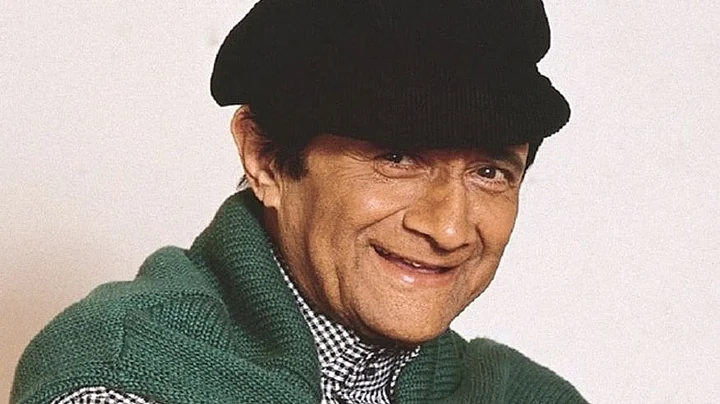Curiously, none of the 39 films produced by the hallowed Navketan film production banner of Dev Anand– whose 10th death anniversary falls on 3 December- is streaming legitimately on the OTT channels.
At most, quite a few of their gritty, pirated prints, as well as their selected songs, can be accessed. For instance fuzzy, obviously pirated prints of the widely adored Guide (1965), can be seen on YouTube uploaded by one Lovely Nisha and The Geeky Review.
Inquiries with the Bollywood trade circles confirmed that the legal streaming rights haven’t been sold to any channel yet by the legendary actor-writer-producer-director’s son, Suneil Anand, who divides his time shuttling between Los Angeles and Mumbai.
At one point, the rights of the films were under litigation with several claimants from the trade demanding a share in the copyright, which have been sorted out in Suneil’s favour.
The Anand family has kept a firm silence on the subject. His wife, Kalpana Kartik, aged 90, is reclusive. And their daughter, Devina, has become an educator in Bengalaru.
Suneil, aged 65, had gone on record though to state that there are major plans to revive Navketan but revealing them would be like Coca Cola making its formula behind its brand known to the public.
Meanwhile, the famed Anand recording studio, believed to be a sprawling 19,000 square feet, on Zig Zag Road, Pali Hill- where Dev Anand had reserved a penthouse for himself to write his scripts and meet up with journalists and film collaborators- has given way to a residential high-rise tower.
For years, he had also booked a permanent suite at the Sun N Sand Hotel for brainstorming on scripts and hosting impromptu parties for the press.
On the upside, the iconic Dev Anand bungalow at Iris Park, Juhu, has been left untouched. Kalpana Kartik stays there and is known to occasionally emerge for church meetings. Indeed, Dev Anand was the first among the Bollywood stars of the 1950s to acquire a magnum-sized bungalow in Juhu, which in those days was secluded, and close to the oceanfront and the army cantonment.
Incidentally, the actor whose career spanned 65 years and over 110 films, had founded the Navketan banner in 1949. The first release was Afsar (1950) directed by his elder brother Chetan Anand. The next year he had introduced Guru Dutt as a director with the thriller Baazi.
The most popular films from the Navketan library, which cut across the tastes of all generations, are Guide and Jewel Thief (1967), both helmed by his younger brother Vijay Anand, and Hare Rama Hare Krishna (1971) which Dev Anand had piloted himself. It’s regrettable that they still do not figure, officially, on the digital domain.
In addition, the Navketan oeuvre includes such memorable films as Chetan Anand’s Taxi Driver (1954) and Funtoosh (1956), Raj Khosla’s Kala Pani (1958), Amarjeet’s Hum Dono (1961), and Vijay Anand’s Tere Ghar Ke Saamne (1963) and Tere Mere Sapne (1971).
About half a decade ago, Dev Anand memorabilia, including posters and costumes, had been auctioned. However, Suneil Anand had sent a legal notice to the auction house. According to one of its former employees the notice had been answered, after which there was no response.
In the open market, three posters of Guide designed by the famed artist D.R. Bhosle and printed in New York, command the highest prices of Rs 2.5 lakhs each at auction events. In fact, collectors have sought to bid on the jaunty cap worn by Dev Anand in Jewel Thief.
The original one bought in Copenhagen, however, no long exists. This was disclosed by the actor himself to me when he was requested to wear it for a Filmfare photo-session. “Of course, a copy could be made,” he had said seriously, “But that would amount to cheating.”
That was the quintessential Dev Anand ethic. One of his last wishes was to make a musical titled Song of Life with an international cast of actors. While on a break in London from his workload, he passed away at the age of 88 of a cardiac arrest at the Washington Mayfair Hotel, was cremated at the Putney Vale crematorium, and his ashes were scattered at the Godavari River.
Incidentally, in the wake of media rumours that Song of Life would narrate the story of a musician father, an American woman and a daughter born out of wedlock, the proposed film was mired in controversy – Pandit Ravi Shankar’s daughters Anoushka and Nora Jones had threatened to sue Dev Anand.
To this, Dev Anand had clarified, “I have a lot of affect and respect for Pandit Ravi Shankar and I am not naming him anywhere either in the film or in the credit line.”
Be that as it may, surely, the legend’s Navketan cult films need to be restored and remastered, and re-seen by generations to come- legitimately- be it on revivals on the big screen or streaming channels.
(At The Quint, we question everything. Play an active role in shaping our journalism by becoming a member today.)
